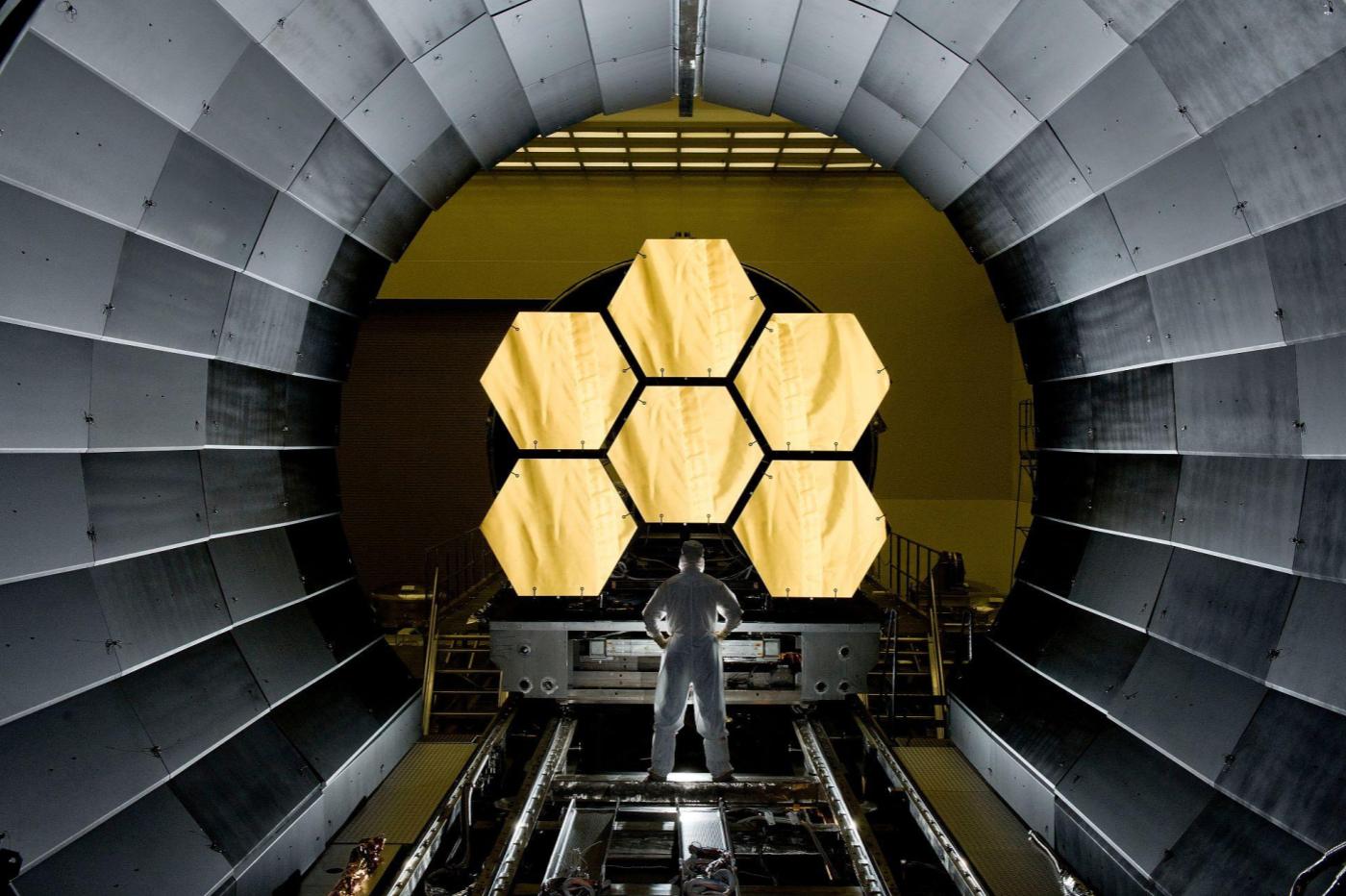
Today’s societies have a series of needs that accumulate over time and that are key to posing challenges in the short, medium and long term, as well as the development of technological solutions that ensure the least possible impact of industry in the environment.
Industries related to mobility, such as automotive, aeronautics or logistics companies, are basic and necessary industries for the full functioning of the economy and cities as we know them. However, the big brands in the automotive and aeronautics sectors are usually in the spotlight when society talks about pollution and carbon footprint. It’s necessary that these industries work to obtain optimal and responsible results with the environment and some software and technology solution providers are the key for these sectors to achieve their goals in terms of environmental benefits.
Due to the high cost of creating this type of transport, companies are faced with the need to look for companies that help them lower budgets and help them in the process of creating much more sustainable transport. For this reason, companies are emerging that sell technological enablers to these companies that impact the industry and help reduce environmental impact, improve sustainable mobility and guarantee a better quality of life.
Many of the automotive giants design their cars with software that allows them to create virtual twins, simulating the final version of the product before it even reaches the assembly line, thus guaranteeing a much more environmentally friendly final piece and making room for new alternatives to reduce the largest possible footprint, anticipating the results.
The main brands in the automotive sector are looking for a long-term alliance with companies that facilitate this software to revolutionize the practices of the past without losing quality and reducing costs. The same can be said for the aeronautical industry. Companies in the aeronautical industry rely on these types of tools to improve the design of their aircraft and lighten their weight, which makes them use less materials and save fuel on their journeys.
These virtual twins help companies to design, evaluate and simulate new alternatives so that the product they are going to make and the technologies they develop are less damaging to the environment. The virtual twin helps to evaluate different characteristics of the design taking into account and evaluating the best options. We are facing new challenges in which companies seek to put the consumer at the center of all, and this is the main demand for sustainable transport and new solutions.
On the other hand, we are faced with the challenge of creating sustainable logistics that leave the smallest possible footprint. This is the case of Courier companies, which have the need to move throughout the different territories. Here comes the optimization of planning and processes through software that understands and evaluates routes taking into account variables such as traffic, time, alternative routes, company and staff needs. This planning of an organized mobility helps to reduce times, costs, but above all reduce the damage to the environment by industries in which mobility is its main engine.
Forecasting at this time is the most responsible and necessary factor that companies and industries that are the main generators of the damage that we have been dragging for decades should have. New technologies and state-of-the-art software make it possible to anticipate any possible damage and provide solutions to achieve the great challenge of full sustainable mobility.




